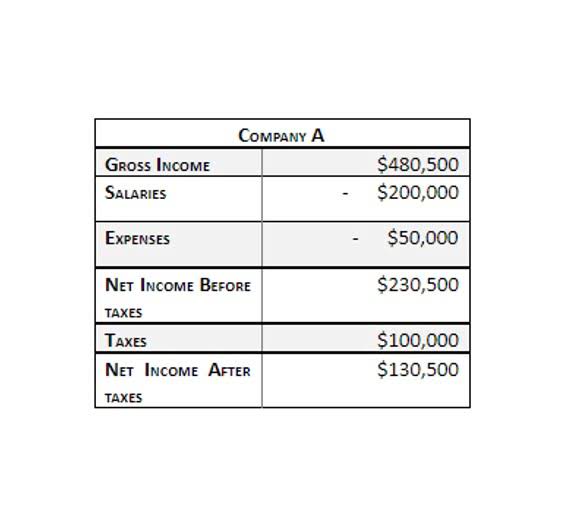
Accountants provide valuable insights by analyzing financial data, identifying trends, and forecasting future performance. They assist in making informed decisions about budgeting, pricing, expansion, and investment strategies. Financial regulations Bookkeeping for Painters and reporting requirements can be complex and time-sensitive.
Certified Public Accountant (CPA)
- The largest difference between accounting and bookkeeping roles is the required credentials, or academic qualifications, for each.
- In businesses that involve inventory, bookkeepers are responsible for tracking and recording inventory transactions, conducting periodic stock counts, and reconciling physical inventory with book records.
- If you’re considering purchasing new equipment or taking out a line of credit, for example, your accountant can help you determine the financial ramifications your decision can have.
- Think of your bookkeeper as the one building the foundation of your businesses finances, and your accountant as the architect who designs a house around it, inspecting the foundation.
- To start, the MyCase system will automatically generate a trust ledger for each of the firm’s clients — which is included with all MyCase systems, not just MyCase Accounting.
There are opportunities for forensic accountants in many industries, like nonprofit work, government and law-enforcement agencies, law firms, and large corporations. Bookkeepers who are interested in switching jobs but do not have a college degree might consider becoming an EA after a stint with the IRS. This job doesn’t require a college degree, only five years of tax experience with the IRS. If you are already a CPA, you can act as an enrolled agent without passing the exam. Bookkeeping offers much lower barriers to entry, and the competition you face in the job search is less fierce. Bookkeeping is a great starting point if you are interested in the field but not fully committed and want to test the waters.
Are Bookkeepers Accountants?

By taking the time to assess your requirements and consult with professionals, you can make an informed decision that supports your business’s success. Accountants prepare financial statements, assist with compliance, and help business owners understand the financial implications of their decisions. Bookkeeping is the day-to-day process of recording transactions, categorizing them, and reconciling bank statements. This foundational work ensures that all financial data is systematically organized so that every dollar is accounted for. By recording financial transactions, bookkeepers track your finances so you can view at a glance how much money is entering and leaving your business. And because they’re tax compliant, What is bookkeeping you can feel confident they’ll keep you on the straight and narrow.
Selecting Bookkeeping and Accounting Services
- Cloud-based accounting software and platforms provide instant access to up-to-date financial information, allowing businesses to make informed decisions promptly.
- If your business has complex tax needs or you’re unsure about tax regulations, hiring an accountant can ensure compliance and help with tax planning, potentially saving you money in the long run.
- Think of bookkeeping as the foundation of your financial story, recording daily transactions, while accounting is the analysis that helps you make sense of it all.
- Continuous learning, effective communication, ethics, and problem-solving abilities are also crucial for professional growth in these fields.
- The overall modern look and feel of the campus was inspired by the founders’ vision of a “college of the future” – intentionally straying far from the traditional “red-brick” styles of older universities.
- Engaging the services of an accountant can help small businesses gain valuable insights, conduct financial forecasts, and develop effective financial strategies.
- Bookkeeping involves recording daily financial transactions and ensuring that all income and expenditures are accurately logged.
For those that don’t have a specific degree in accounting, finance degrees are often considered an adequate substitute. A bookkeeper will complete these steps and use the chart of accounts to post every journal entry and financial transaction within the general ledger. Because bookkeepers tend to work for smaller companies, they may not be paid as much as accountants. Knowing the differences between the two can help people find their niche in the industry and can give guidance to companies on who to hire for their needs.

They prepare and file tax returns, bookkeeping services maximize tax deductions, and liaise with tax authorities on behalf of the company. Accountants analyze financial data and provide insights into the financial performance of a business. They interpret financial statements, identify trends, and help management understand the implications of the numbers. A bookkeeper can manage most of these tasks, but an accountant takes them further by using those financial statements to offer valuable financial advice. Some of the key tasks for accountants include tax return preparation, conducting routine reviews of various financial statements, and performing account analysis. Another key responsibility for accountants includes conducting routine audits to ensure that statements and books are following ethical and industry standards.
Leave a Reply